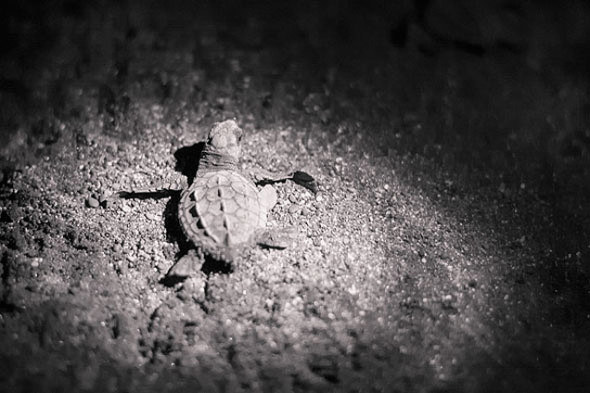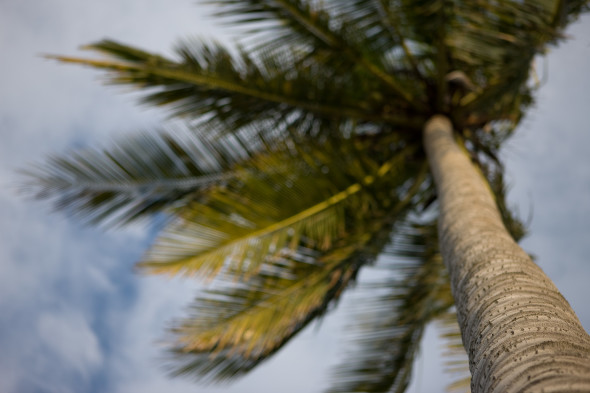 May we always remember and reflect the same simple joy of just “being” in the Surf . From First Time to Lifetime, all else is kept in perspective when dancing among the Waves. Stoked !
May we always remember and reflect the same simple joy of just “being” in the Surf . From First Time to Lifetime, all else is kept in perspective when dancing among the Waves. Stoked !
photo provided by Surfing Nosara
For ten years, I haven’t been to the sea. I want to see it so badly that this morning I begged my mother until I made her break down in tears. I remember the sea, despite how long it’s been and how small I was then. I can almost make out its rhythmic motion, its sound, as if it were chewing sand, its far boats in their rise and fall over the rumps of waves.
So begins Uriel Quesada’s “We Have Brought You the Sea,” the story of a speaker whose dying wish is to see the ocean one last time. When the trip to the sea proves impossible, family members must find a way to bring the sea to the speaker.
Uriel Quesada is the author of Ese día de los temblores, in which this story is originally published as “Te hemos traido el mar.” He is also the winner of an essay contest for his work on Mario Vargas Llosa’s The Green House. “We Have Brought You the Sea” is translated by the editor of Costa Rica: A Traveler’s Literary Companion, Barbara Ras.
Photo Credit: World Wide Gifts / CC BY-SA 2.0
Source: Ras, Barbara, ed. Costa Rica: A Traveler’s Literary Companion. San Francisco: Whereabouts, 1994.
Howling offshore winds create lumps of chop coming up the wave face, effectively acting like speed bumps and moguls. Getting a light, short board into this position on such a day is no easy task. Perfectly poised, he’s about to reconcile all forces at play as wind and wave compete for transitory dominion.
photo provided by Surfing Nosara
Julieta Pinto is the author of many books, including Tierra de espejismos, La estación que sigue al verano, and Los marginados, the latter two of which received the Premio Nacional Aquileo J. Echeverría. Her translated work appears in When New Flowers Bloomed, alongside Carmen Naranjo.
“The Blue Fish” is a story of a child’s fascination with the world around him, from a plane taking off into the sky to the rivers and beaches of Costa Rica. He is particularly fascinated with a blue fish that he observes in the ocean:
The blue was the same as the color of the butterflies that flitted across the pastures of the Meseta Central. The sunlight reflected on it so brilliantly as it moved through the water that it looked like an engraving on blue foil. The fish seemed to know this and displayed its beauty with gentle motions. Sometimes a wave would carry it away, and just when the boy was losing hope of seeing it again, it would reappear with a flash of blue.
Even though, when in a plane high in the sky, looking down at the mountains below makes the boy “feel drunk with the strength and power a man feels on conquering nature,” the blue fish eludes the boy’s grasp and proves impossible to catch.
Photo Credit: Nick Harris / CC BY-ND 2.0
Source: Ras, Barbara, ed. Costa Rica: A Traveler’s Literary Companion. San Francisco: Whereabouts, 1994.

A turtle hatchling makes its way to the sea at Playa Ostional.
A series of moments captured by New York data scientist and friend of the Harmony Hotel, Burton DeWilde, during a week spent in Nosara with his boyfriend Nick.
 Of Mere Being
Of Mere Being
The palm at the end of the mind,
Beyond the last thought, rises
In the bronze distance.
A gold-feathered bird
Sings in the palm, without human meaning,
Without human feeling, a foreign song.
You know then that it is not the reason
That makes us happy or unhappy.
The bird sings. Its feathers shine.
The palm stands on the edge of space.
The wind moves slowly in the branches.
The bird’s fire-fangled feathers dangle down.
~Wallace Stevens, 1954